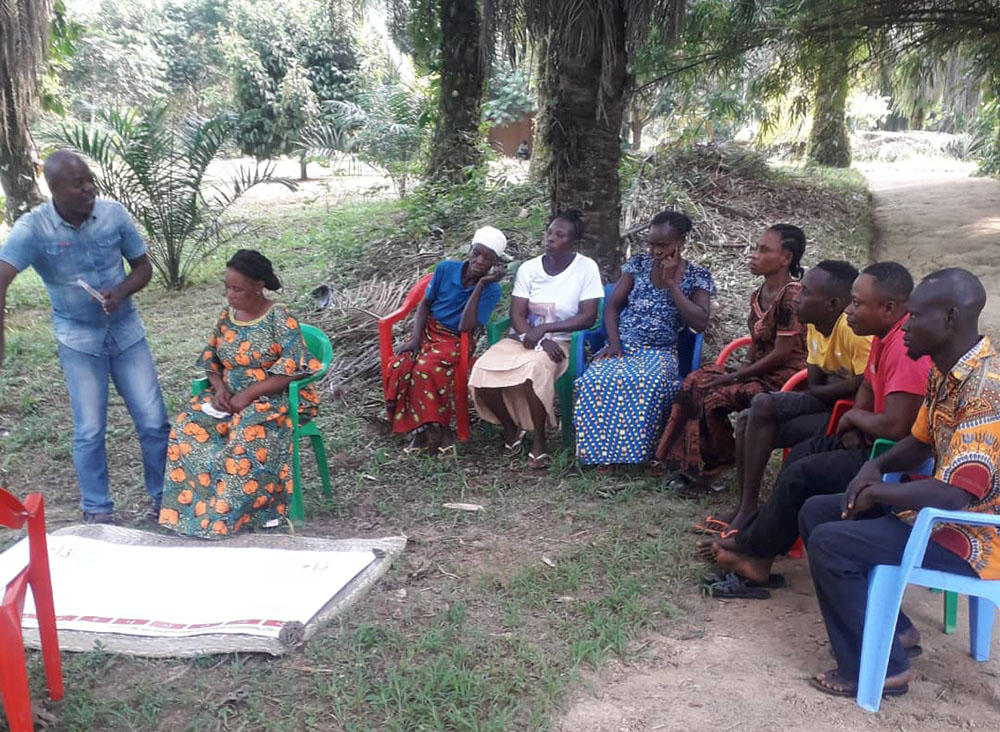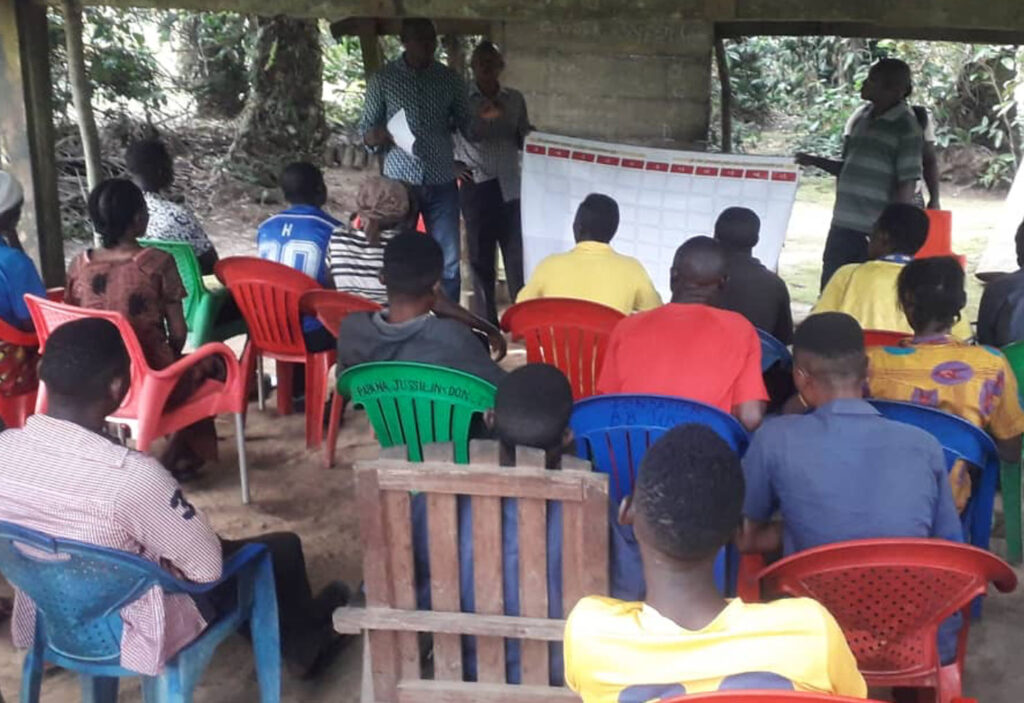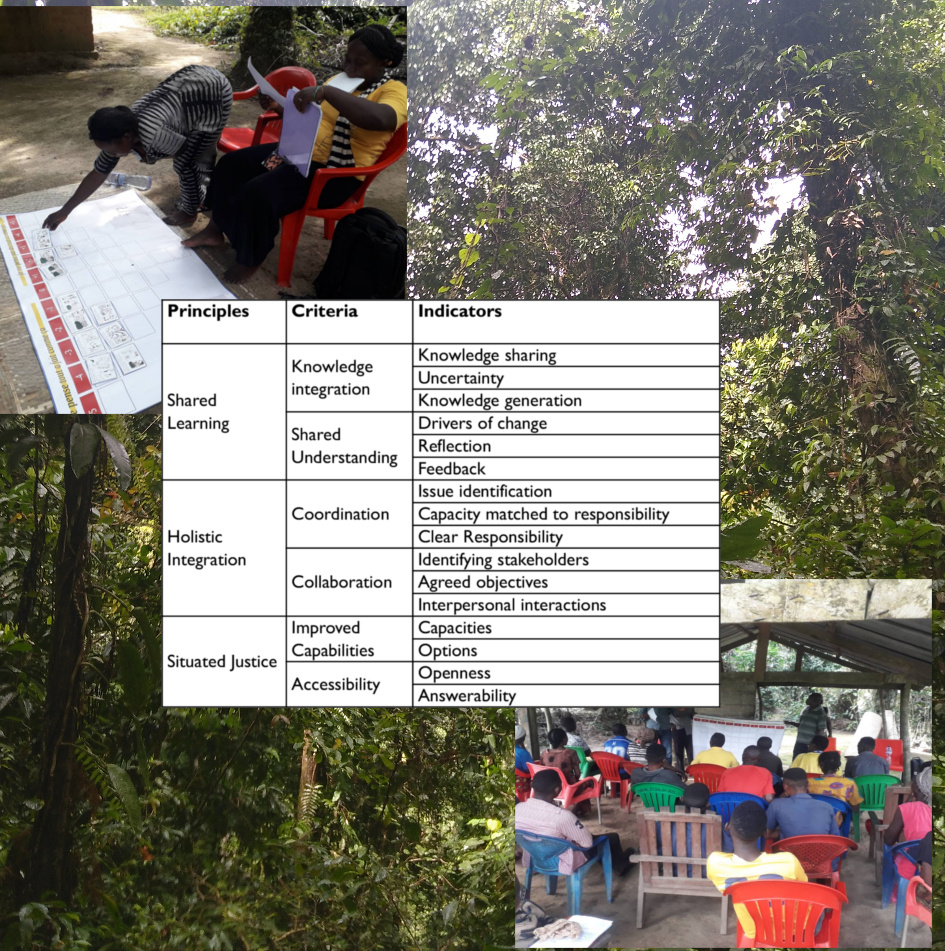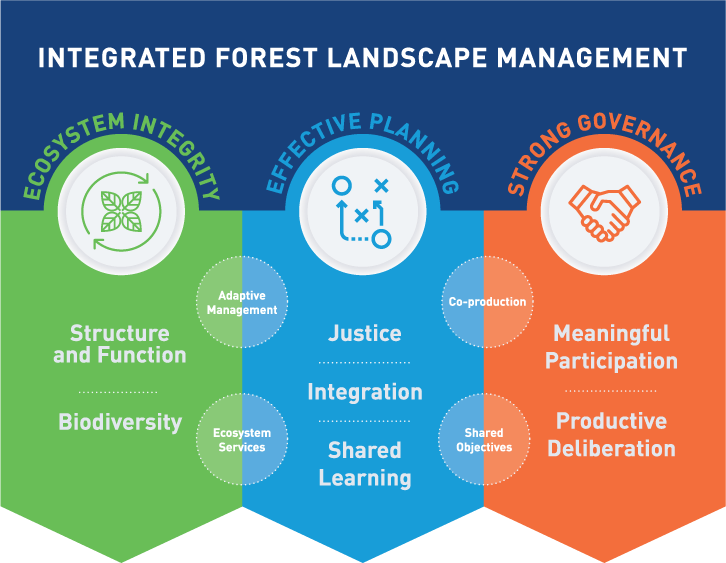Ed researches planning and governance of natural resources, with a focus on climate change, sustainable development, forest conservation and water management.
His work on primary forests involves participatory action research to develop, implement and evaluate landscape planning and governance for primary forest protection and sustainable community development in case studies in the Amazon, Melanesia and the Democratic Republic of the Congo.
This work includes working with community, government and NGOs, through workshops, surveys and interviews, to develop community-scale landscape plans to help empower communities to both protect their forest and harness the benefits of ecosystem services of the forest.
Ed is interested in using planning to improve sustainability, natural resource management and environmental governance in both developing and industrialised countries, and particularly the role of knowledge can play in addressing environmental challenges.






